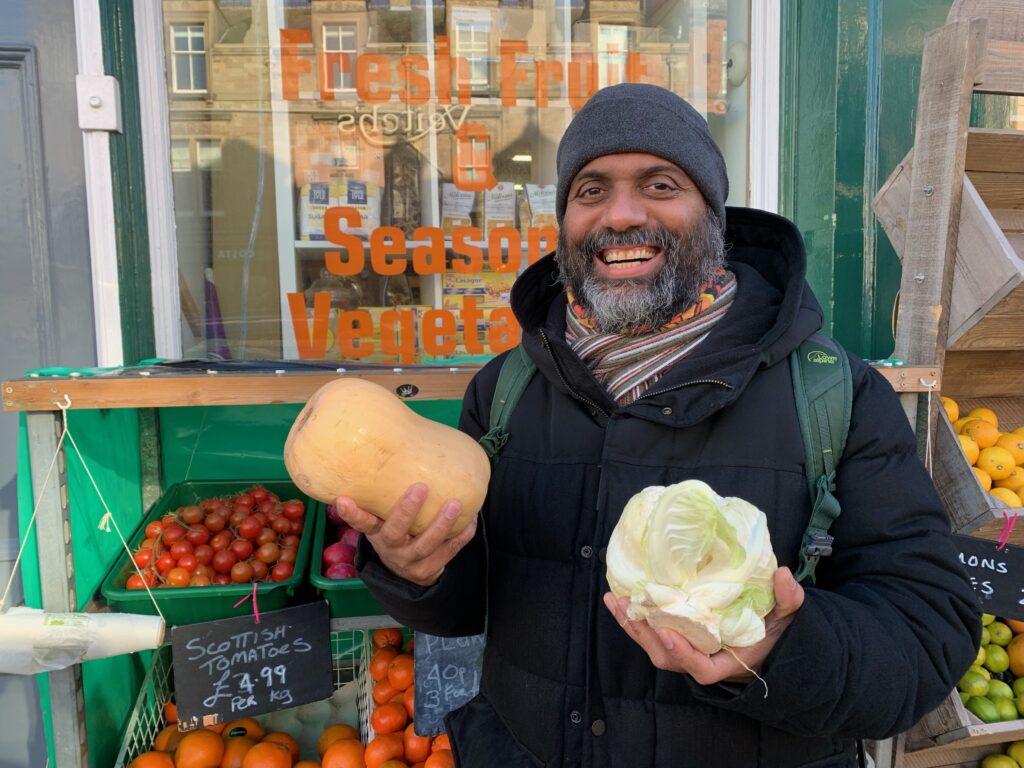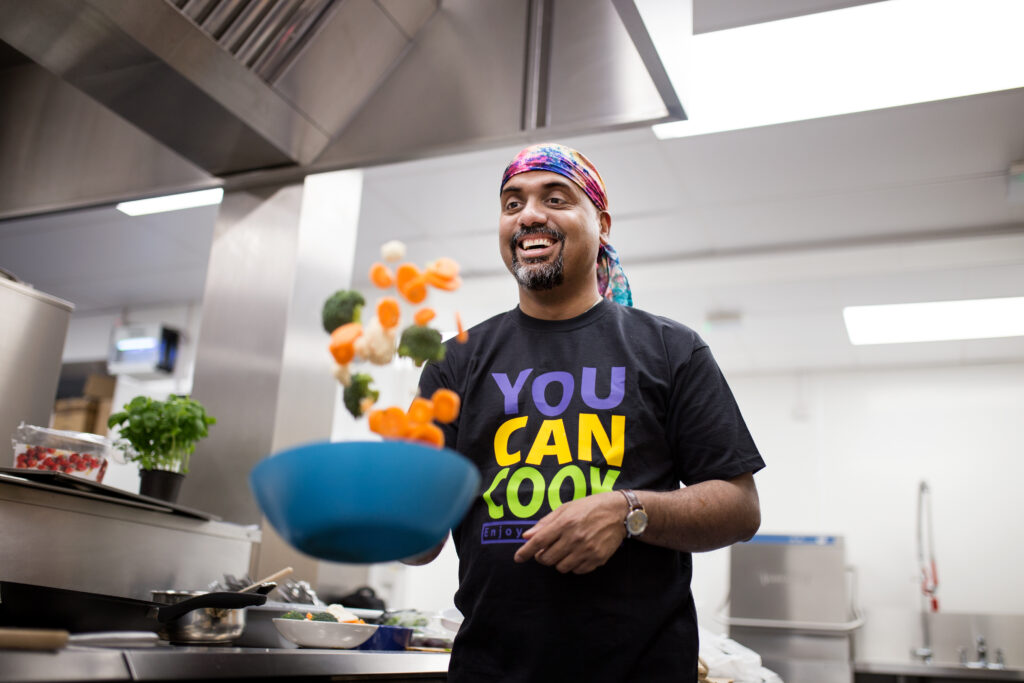
This week Bosco Santimano, founder and executive director of social enterprise You Can Cook, shares his thoughts on the UK leaving the European Union.
Finally its happened! We have officially left the European Union for “Unity, Peace and stability”. It’s taken three and a half years, three Prime Ministers and two elections to finally get to this stage. The initial process is now complete and the negotiations begin for what may turn out to be an eventful year ahead, especially for Scotland and Northern Ireland. As an organisation we are saddened to see the state of affairs as Westminster politics takes centre stage and holds the rest of the countries in this United Kingdom to ransom. Can we make it alone as an Independent nation or group of nations outside the EU? of course we can. Our concern is mainly about food, environment, climate change and health of Scottish residents post Brexit. Having personally worked closely with the EU and the Scottish government in the past it concerns me that all the safeguards that the EU put in place for our health and other social benefits will be removed or watered down to get trade agreements with the biggest shark in the world! America. Chlorinated chicken is the least of our worries as environmental laws and other climate related initiatives may be watered down to suit the Americans to get a free trade deal. Great Britain may be in the process of becoming Little Britain by the end of this year if we the people become complacent and think all is now lost.
As an organisation working at the grassroots and campaigning for equal health and access to cheap and good food rights for all Scottish residents, we will be specifically looking at costs of fresh foods, post Brexit, until December 2020 and beyond 2021 when supposedly we will have a trade deal with the EU. Prices of essential food and other items have increased by over 40% since 2007-08 recession and then again after the 2016 EU referendum by another 30%. I have taken a conservative figure compared to what the actual figure is; i.e. over 50 to 60%! Wages and benefits have not increased during this period, hence the establishment of the United Kingdom of Food Banks which have been setup all over this G7 country for the poor and working class. We did and in some cases did not support many regulations that were coming out of the EU over the years but many people fail to understand that those laws and regulations that were passed were fully approved by the governments of all the 28 EU nations, a fact conveniently left out by all right wing newspapers and tabloids and politicians. The EU has been proactive in banning harmful pesticides and fertilisers that scientific evidence proved was harming the environment and its people. American Corporations are waiting in glee to ravage this country with their toxic chemicals and products. Will Genetically Modified Seeds (GMO’s) now be allowed to grow in Scotland?
We hope not.
*Originally written & published in the Peeblesshire News.


